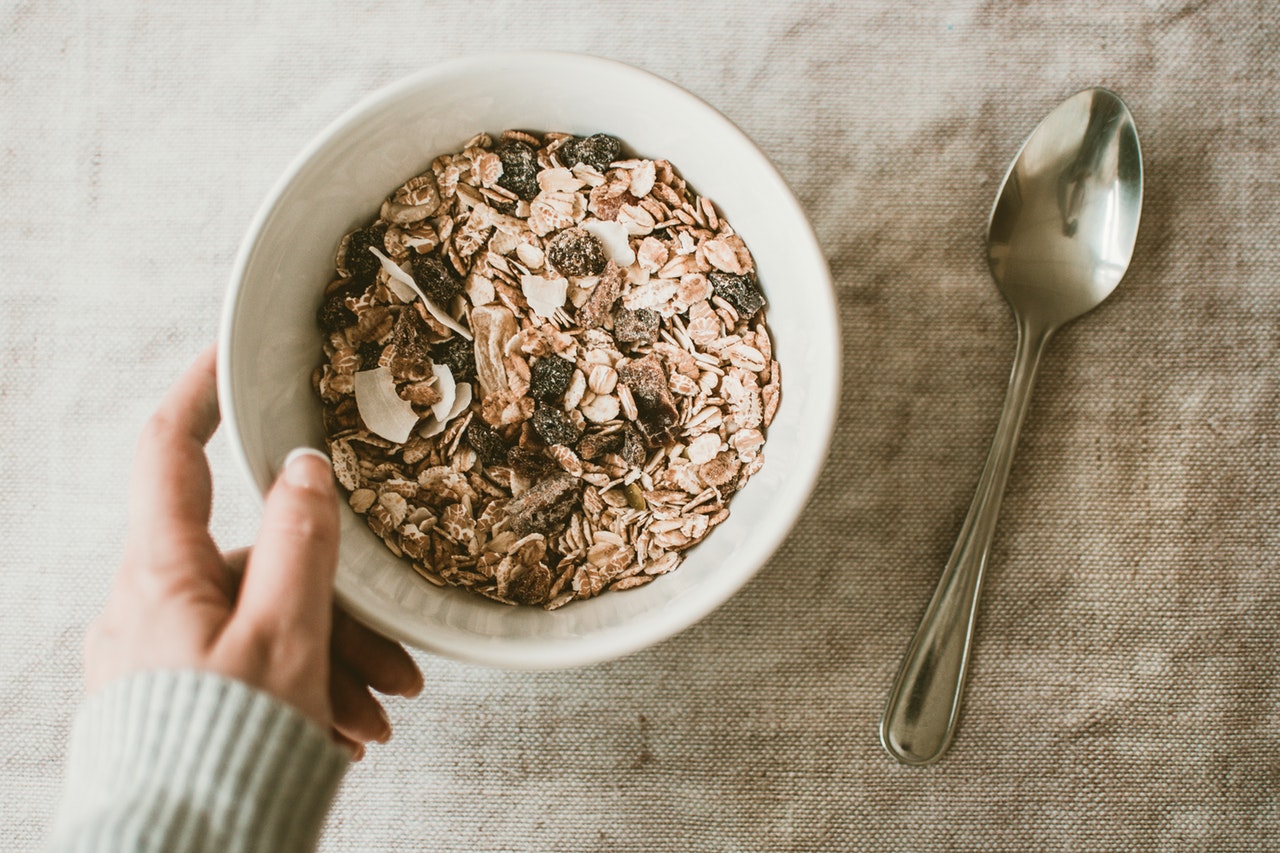

Sugar Stimulates Your Appetite and CravingsĬonsuming meals primarily composed of sugar could be the reason your sweet tooth is so intense. Additionally, sleep apnea is commonly linked to high glucose levels in relation to diabetes and heart disease, two conditions that can make sleep even more elusive. You may develop a snore or experience frequent wake-ups as a result of too much sugar before bed. Cytokines are a cell protein known to cause inflammation and may restrict airflow through your throat and nasal passage. Sugar consumption increases the natural production of phlegm and cytokines. Snoring and Sleep ApneaĮating or drinking processed sugar can sometimes be the cause of snoring or even worsen the condition. This condition can cause temporary changes in brain chemistry, causing the occurrences of lucid dreams.

Additionally, one of the connections between nightmares or terrors and sugar is hypoglycemia or low blood sugar. In this study, 31% of participants experienced bizarre and disturbing dreams after eating cookies and cake. However, a recent study linked sugary foods, such as cookies, ice cream, cake, and chocolate, to nightmares. There is limited research to prove sugar is the reason for nightmares or night terrors. It’s common for night sweats to occur as a result of this condition. As a result, you experience a blood sugar drop or reactive hypoglycemia. High sugar intake can cause your body to produce excess insulin, the hormone responsible for processing sugar into energy. Below, we outline how sugar can cause sleep issues. Sugar has been linked to several sleeping disruptions such as nightmare and snoring. If you are finding it hard to get a good night’s rest each your sugar intake could be to blame. Consuming Sugar Causes Sleeping Disruptions Lack of sleep has been linked to the hunger hormone ghrelin and our stress hormone cortisol, which are both associated with increasing our desire to eat unhealthy foods, like sugar. This can be troubling at bedtime since feelings of worry or sadness can make it harder to relax. When your nervous system goes through these extreme highs and lows, you may also experience changes in your mood. Eating sugar, especially processed sugars, can cause your blood glucose levels to spike and crash. Additionally, deep sleep is vital for maintaining a healthy metabolism.Īnother downfall eating a lot of sugar before bed is it may leave you feeling a bit anxious. Deep or slow-wave sleep is the most essential stage of sleep and is necessary for your body’s restoration. As a result, sleepers spent less time in the deep sleep stage and experienced frequent wake-ups throughout the night. Unfortunately, the vicious cycle of consuming sugar can make it extremely hard for us to fall asleep come bedtime.Ī recent study discovered individuals who consumed more sugar throughout the day had more trouble falling asleep at night. More often than not, this causes us to reach for another sugar-packed snack to get us through the day. Orexin is a chemical responsible for wakefulness so, when levels of this chemical are low, it can cause you to feel a bit sleepy. When individuals consume large amounts of sugar, it stops the production of orexin. Though you may feel an initial boost, it’s common to experience a sugar crash shortly after. Most people reach for sugary drinks thinking it will offer you a burst in energy. We’ll also provide you with some helpful tips to reduce your sugar consumption before bedtime.

In this article, we’ll take a look at how sugar impacts your sleep each night. But it turns out it can even ruin our sleep each night and make our cravings more powerful. Eating or drinking too much sugar can lead to weight gain, cause tooth decay, and or even increase the risk of high blood sugar and diabetes. Though we all know sugar is not always the best thing for our bodies, it’s quite common for our sugar cravings to get the best of us.


 0 kommentar(er)
0 kommentar(er)
